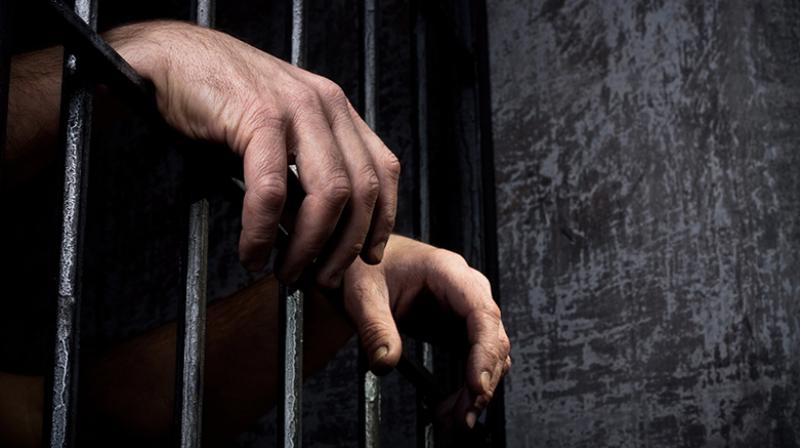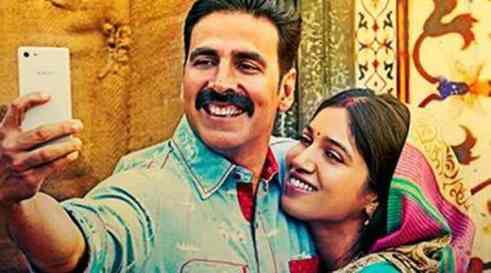India’s history is wealthy and diverse due to the distinctive mix of ancient civilizations, countries, beliefs and thoughts. To mention only a few the attractions in Indian annals would do serious injustice to the other significant events that might appear unimportant, however, left an enduring impact on the annals of India today. The Indus Valley Civilization placed the foundation stone of development and improvement in different towns like Harappa and Mohenjo Daro. A great and long-term effect was made by the Maurya Empire whose most famous king Chandragupta Maurya unified most of India. Chanakya was a favorite and the well-known adviser of King Chandragupta Maurya who gathered several literary masterpieces.
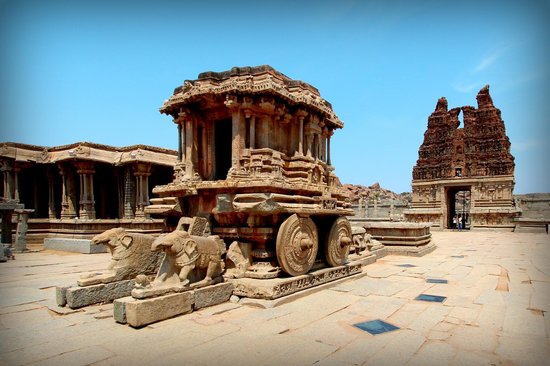
With Vasco De Gama discovers an ocean route to India, the Portuguese set up port in Mumbai, Goa, Daman , Diu. They were soon accompanied by the Dutch, the British and finally the French. With the coming of the British East India Company and the Battle of Plassey in 1757, the Mughal Dynasty faded away marking the start of formal British rule in India.
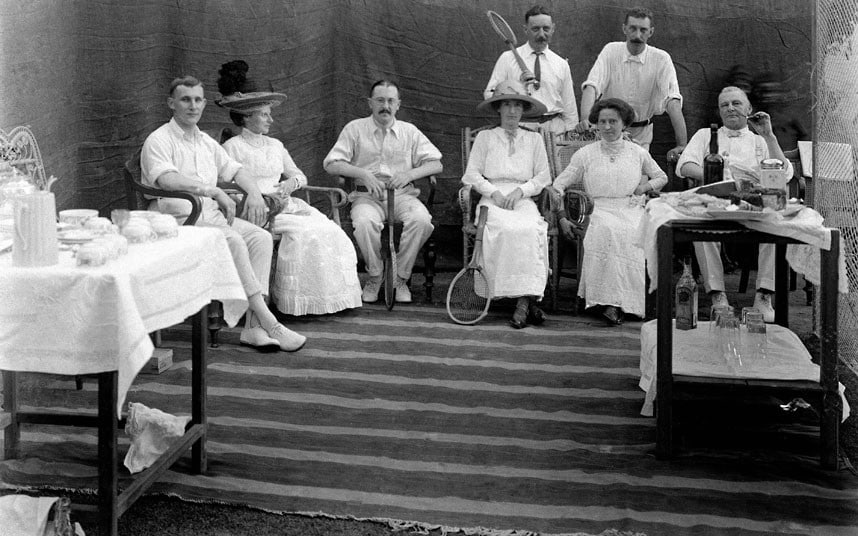
The Indian Rebellion of 1857 sometimes appears as the first main motion against the British Raj. The British Crown took over power from the East India Company, progressively making India a colony and controlled everything throughout the rulers of what was known as Princely States. 1885 saw the birth of the Indian National Congress in Bombay who played a huge role towards India’s independence. In 1905 Lord Curzon’s policy of divide and principle led to the partition of Bengal, which made large implications on Indian society. In 1920, steps towards Indian Independence started with leaders like Mohandas Gandhi who started mass movements against British rule.
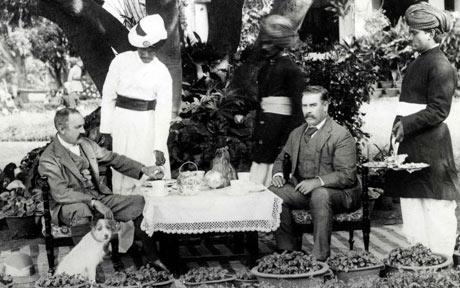
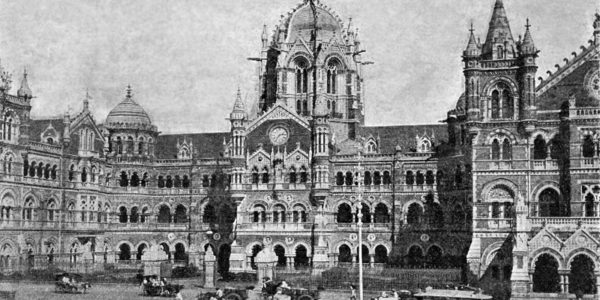
The main intention of the Britishers was to rule India, get as much benefit as possible from the country and its people. Most people think that the British did only harm to the Indian culture, they drained the Indian economy, and they looted the nation. This is very much true, however, they also did some good things, there are many benefits that the British rule brought to India. But, although one could argue that these so-called “good” things were only done for their won self-interested reasons. But one cannot deny that these things had a positive effect on the nation. Like Railways were intended to serve only British interests, but it is proving useful to each and every Indian.
So let’s take a look at 7 Good Things the British Did for India and Indians!
- English language

The reason why they taught English to Indians to allow easy administration in India. However, this increased the popularity of regional languages. But whatever one says, English language opened the doors of the world for us. The language helped in improving our knowledge and thought process, it’s all because of English that we could read and appreciate some of the most famous literary works of the world.
- Indian Railways
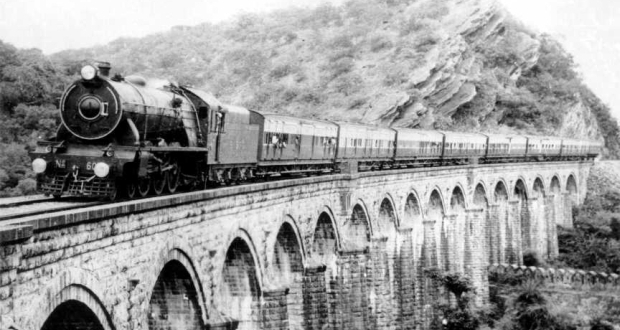
The foundation for one of the world largest network of railways was laid by the British Raj. Most of the central stations were the work of the British Infrastructure. The Indian railway network is very complicated and connects many different regions of the country; it’s the primary form of transportation.
- Army
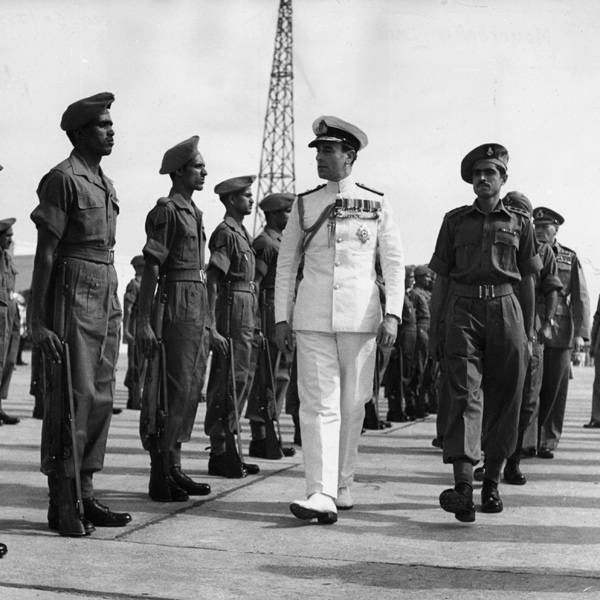
The pride and honor of our nation, the Indian army, was formed in the British Raj. The culture, discipline, and a lot of the army practices that still persist belong to the pre-independence era.
- Vaccination
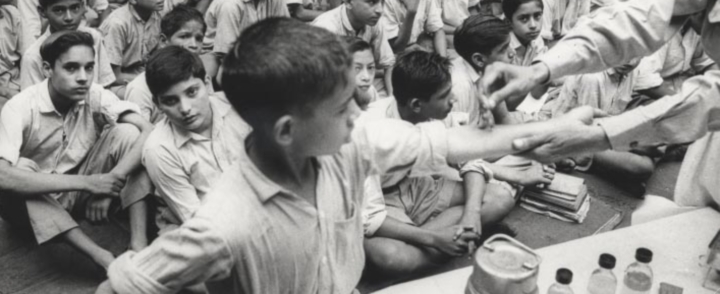
During the late 19th and early 20th centuries, Smallpox spread as an epidemic in India, and due to lack of sanitary knowledge among the Indians, the British knew the situation could escalate quickly. They passed a Compulsory Vaccination Act passed in India in 1892 to prevent smallpox. They also set up ‘Sanitary Commissioners’ in the various regions to keep a check on the disease by setting up dispensaries.
- Social Reforms
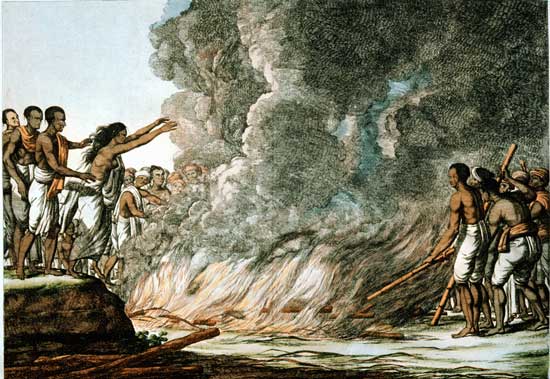
Perhaps the biggest contribution of the British in India was removal of social practices like Sati, child marriage, untouchability. Not only they banned such cruel, inhumane practices, they also promoted a widow’s remarriage. Just imagine what India would be if such practices still existed. The British passed many acts and ordinances to eradicate such social practices; many social reformers like Raja Ram Mohan Roy supported the British in the cause.
- Indian Census
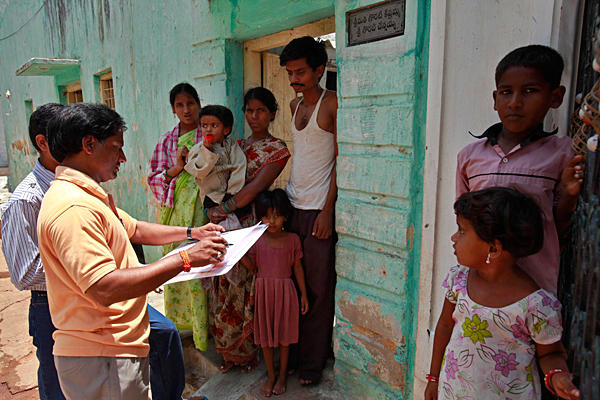
The British started the census in 1871, the census is taken once in 10 years to collect the statistical data on age, gender, religion, caste, occupation, education of the population. As of 2011, the decennial Census of India has been conducted 15 times.
- Surveying India
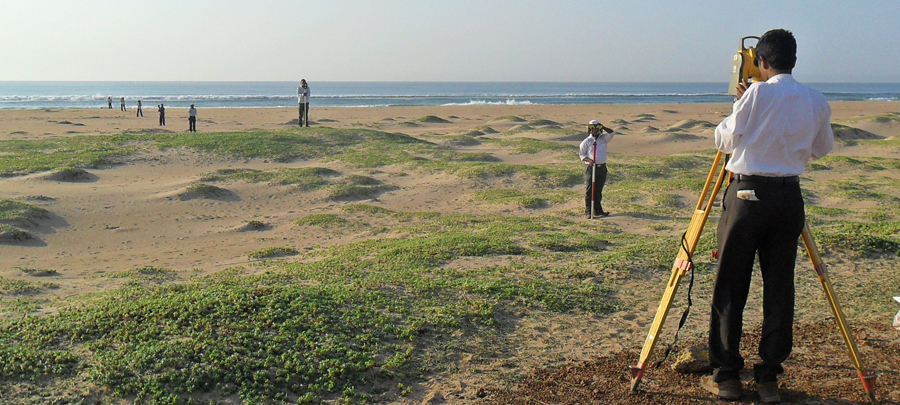
They set up the department of the Geographical Survey of India, in 1851, the institution surveyed village, cities, and made maps of India. Many places use the same maps which were made during the British time. Using many advanced surveying instruments, the British surveyed every inch of the India and created maps.



